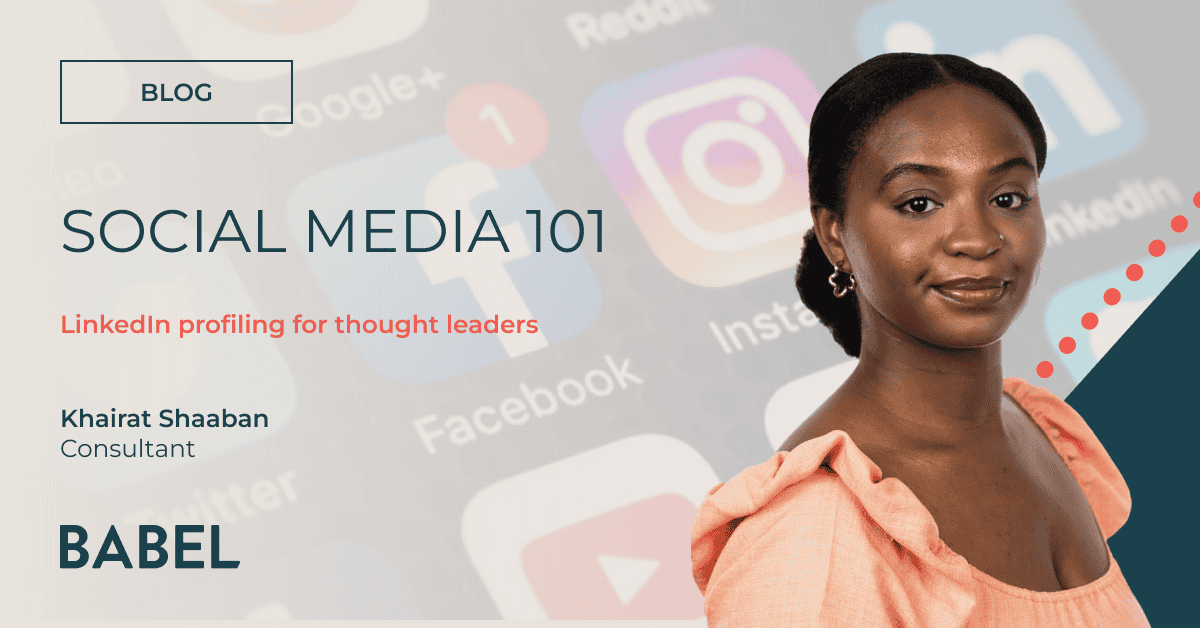
5G – an open opportunity that can still be defined
In early 2013, when I had just started working in telecoms PR, LTE was the hottest topic in the sector. With speeds twice as fast 3G, it transformed the way people used their phones, enabling rapid web-browsing, gaming, video streaming and work on-the-go. For a while the technology was considered a luxury given its premium cost, but it is now affordable and the most ubiquitous form of connectivity in the majority of developed countries.
Today, in the fast-paced world of telecoms the industry’s focus has moved forwards to the next big game-changing technology, 5G. It is the 5th generation of mobile networking, promising speeds 70 times faster than 4G. And so in London we have just had 5G World, the Informa event which superseded the 11th annual LTE World Summit, thus exemplifying the new focus for the industry.
Much of the conversation at 5G World was about how the technology is going to be key in supporting the Internet of Things (IoT), providing connectivity for the ongoing proliferation of smart devices that speak to one other and rely on super-fast data. In particular it is the growth of connected devices in business – the Industrial Internet of Things (IIOT) – where many businesses and people think 5G will have the biggest impact. It could spurn the future of technology in business where, for example, companies are already showing-off what they claim to be 5G enabled robots, and looking at how augmented reality devices can help streamline processes.
At Babel, we are as close to the developments of 5G as anyone in the PR industry. We work with several companies that attended 5G World and others that are doing interesting things in the space. While there is a general consensus that 5G will be integral to the IoT, there is still a lot of ground to be covered as the industry decides what its other uses will be, and how it will be delivered from a technological perspective.
For a start, the communication standards for 5G are still yet to be agreed. This isn’t an easy challenge as industry perceptions of how the technology will be used are constantly changing. Recently, Verizon’s CFO stated that “5G is not really about mobile, it’s about fixed wireless.” The operator is aiming to have a fixed wireless pilot up and running in 2017. So the 5G connectivity we receive could predominately come from Wi-Fi. But this is yet to be proven.
Despite the lack of clarity on how 5G will work and develop, it remains an extremely hot topic in the media, with continual reports on its progress. The media is doing an excellent job of capturing the different views of where the technology is heading, focussing on the various live trials that are taking place, and sharing the views of the world’s most influential businesses in the sector.
However, there is still a big opportunity for other businesses in the industry to influence the media and determine the future of 5G. They must put forward a strong, compelling argument on how their solutions and services fit into the 5G ecosystem, and create a strong narrative for how the technology will evolve.
At Babel, our expertise helps our clients define themsleves as thought leaders on the issue. By developing news stories, articles and securing inclusion in features, we are ensuring that they become synonymous with the technology. Other businesses must take this initiative or risk being left in the wake of other, more organised and proactive companies, before the conversation moves on to the next big industry issue.





